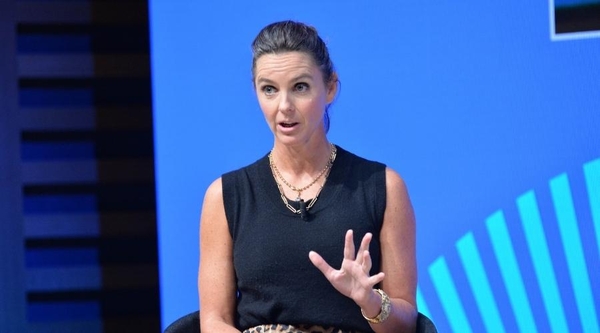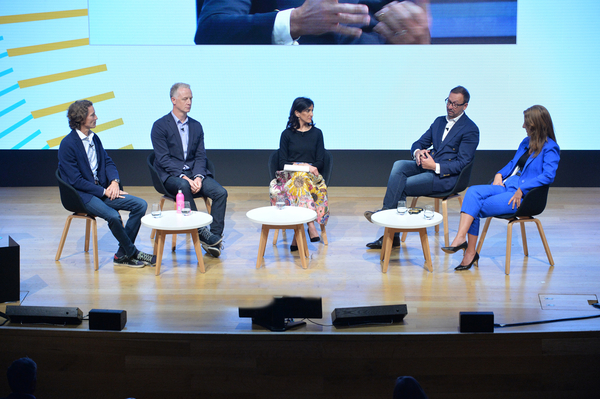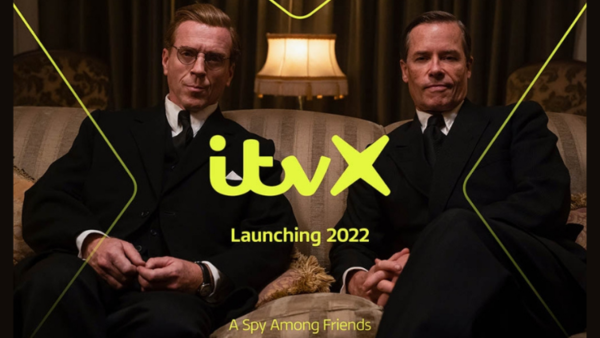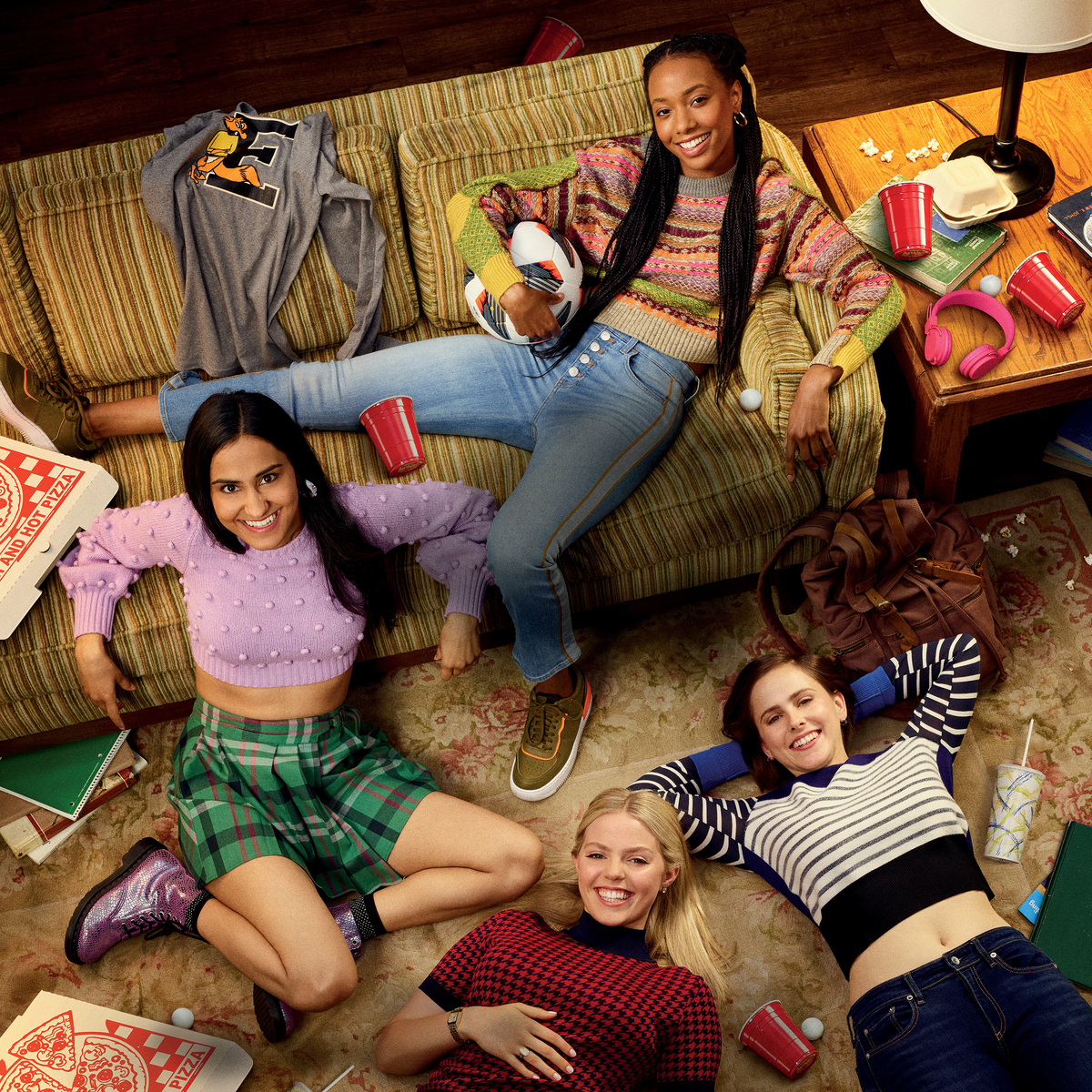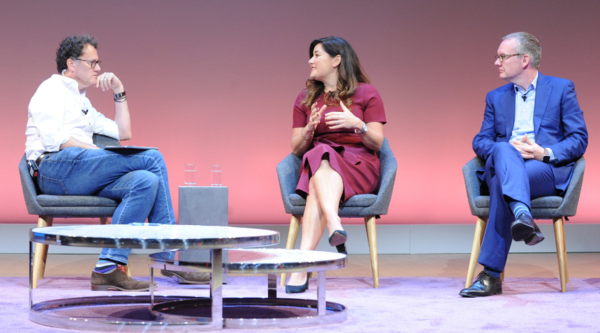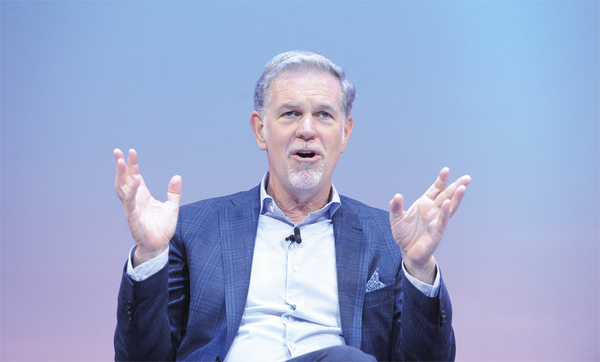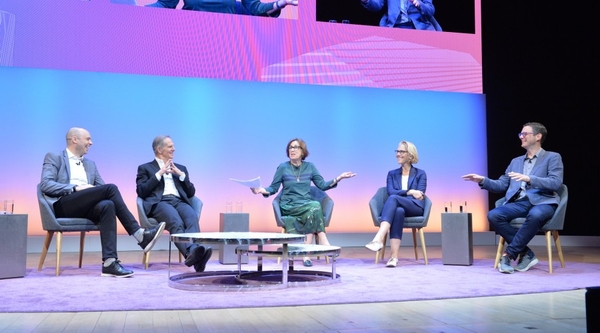Alex Mahon talks privatisation and the future of Channel 4
Session chair Amol Rajan: Did you interpret the new culture secretary saying that she is re-examining the business case for privatisation as implying that she and Prime Minister Liz Truss are not as committed to privatisation as their predecessors?
Alex Mahon: We’re in discussion with the DCMS about where they want to end up and what the options are. I imagine they’ll look at the things that I like: facts, data and evidence. Then we’ll see what the coming weeks and months hold as they think about that.

